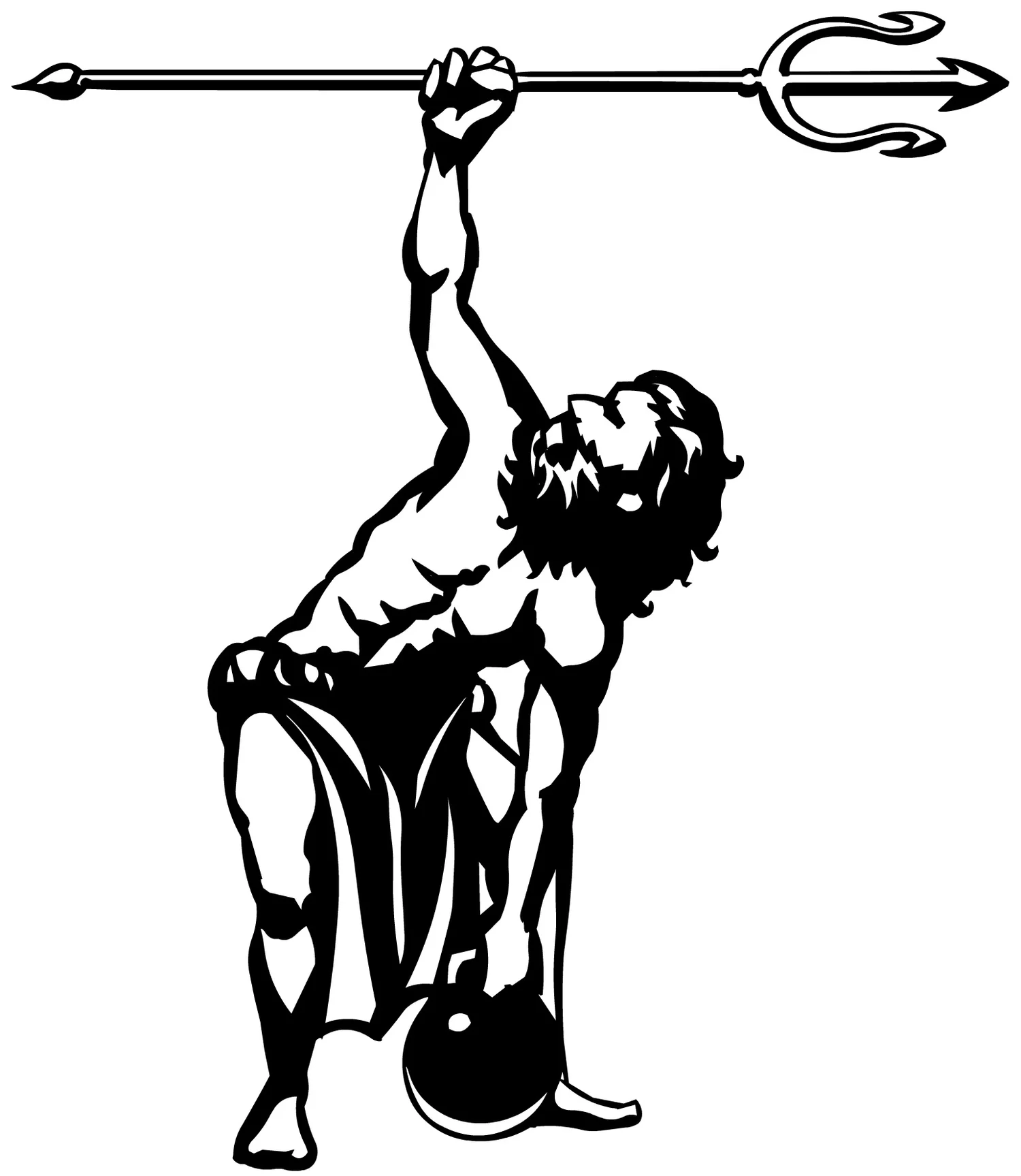The Absence of Nutrient(s) and Hunger
/If you know me well, you know that most days, I don't eat my first meal until well after 12pm. Especially, if I went hard the night before.
I don't follow any nonsensical programming or stick to a certain time period...I eat when I'm, HONESTLY, hungry. Sometimes, I push those limits...just because. I've been known to eat my first meal as late as 4 or 5pm. This is really no different than pushing a little further into a long run or bike ride. Extending a training session just to see how far you can push yourself.
People will train like that, but for some reason, when it comes to fueling ourselves or doing something as simple as taking a cold shower, we become the biggest sissies on the planet. We'll find every excuse in the world not to challenge these mechanisms. "Science" says we'll jeopardize our "gaaaaiinnzz." No, you won't.
I really believe that we're missing out here.
We haven't proven it in humans, yet, but we believe there might be a connection to less calories throughout a lifetime and greater longevity. My guess...less stress. Yes, digesting food is work.
Even still, that's not why I do this. Like I said, I eat when I'm hungry...but I'm honest with myself.
If you look at the timeline of human existence, food storage ranks near the top of the list of important practices that has had a significant impact on our evolution and survivability. I also believe it was a practice that led us to build communities. We didn't have to be as nomadic as we were when we were chasing migrating prey.
However, just because we learned the art of drying food for storage doesn't mean we had an abundance of food lying around to smash on whenever we wanted. The storing of food, our reserves, allowed us to get through the tough times. We would have wanted to save those reserves as best we could. So, we spent lots of our history looking for food...like every other animal in the kingdom.
Hunting. Gathering. Eventually, farming...something we REEEEAAAAALLY suck at these days.
The point here is, for a majority of our existence, we didn't have a choice. We woke up and went without until we could provide sustenance for ourselves. This was, more than likely, a daily thing. You slack on a Monday, you might pay a heavy price on Thursday. Even still, sometimes your efforts may have yielded nothing at all. Sometimes you ate, sometimes you didn't. Sometimes, you got the bear, sometimes, the bear got you. This is how it worked before all of our modern day conveniences.
This is no longer an issue, of course. We are now inundated with subpar options and all of it is at our finger tips. You can find food at any time of the day, everyday. Because of this, we need to take an extra step in controlling our desire to stuff food in our faces...something we're, obviously, failing at.
Now, when I talk to people about Intermittent Fasting, there is something very important that needs to be mentioned, in my opinion. If you don't understand what clean/nutrient dense eating is, I would lock that down first. You'll want every meal to be packed full of nutrients. Something you'll be hard pressed to find at any of the above pictured establishments.
There is something to be said for eating what we know is subpar quality "food" and then being hungry an hour or two later. This shouldn't be happening. I have been curious for a long time now about whether a hunger signal can be triggered by the absence of a nutrient or nutrients. Say we're low on a certain vitamin one day. Will the absence of that vitamin trigger a "hunger pain" to get you looking for that vitamin? If we stop at our favorite fast food joint for lunch and grab that patty melt, fries, and soda that we've become addicted to, we haven't satisfied the need for said vitamin...an hour later, we're snacking again.
I've had this thought for a long while now and to my surprise, Michael Pollan, mentioned it in his book "In Defense of Food." Specifically, he talks about Bruce Ames' hypothesis that micro nutrient deficiencies may contribute to obesity in that "a body starved of critical nutrients will keep eating in the hope of obtaining them." This is an excellent book, by the way, and I highly recommend it.
With this in mind, again, I warn to clean up the diet before diving into a fasting protocol. If the diet is not clean, you run the risk of severely over consuming once you do sit down for your meal.
If you need help understanding this in more detail and are in the Hill Country of Texas, specifically, New Braunfels, San Antonio, San Marcos, Austin, etc, let's get together and chat. If not, I am available for Skype or phone consultations.
I'd love to help you out!
Be well.




